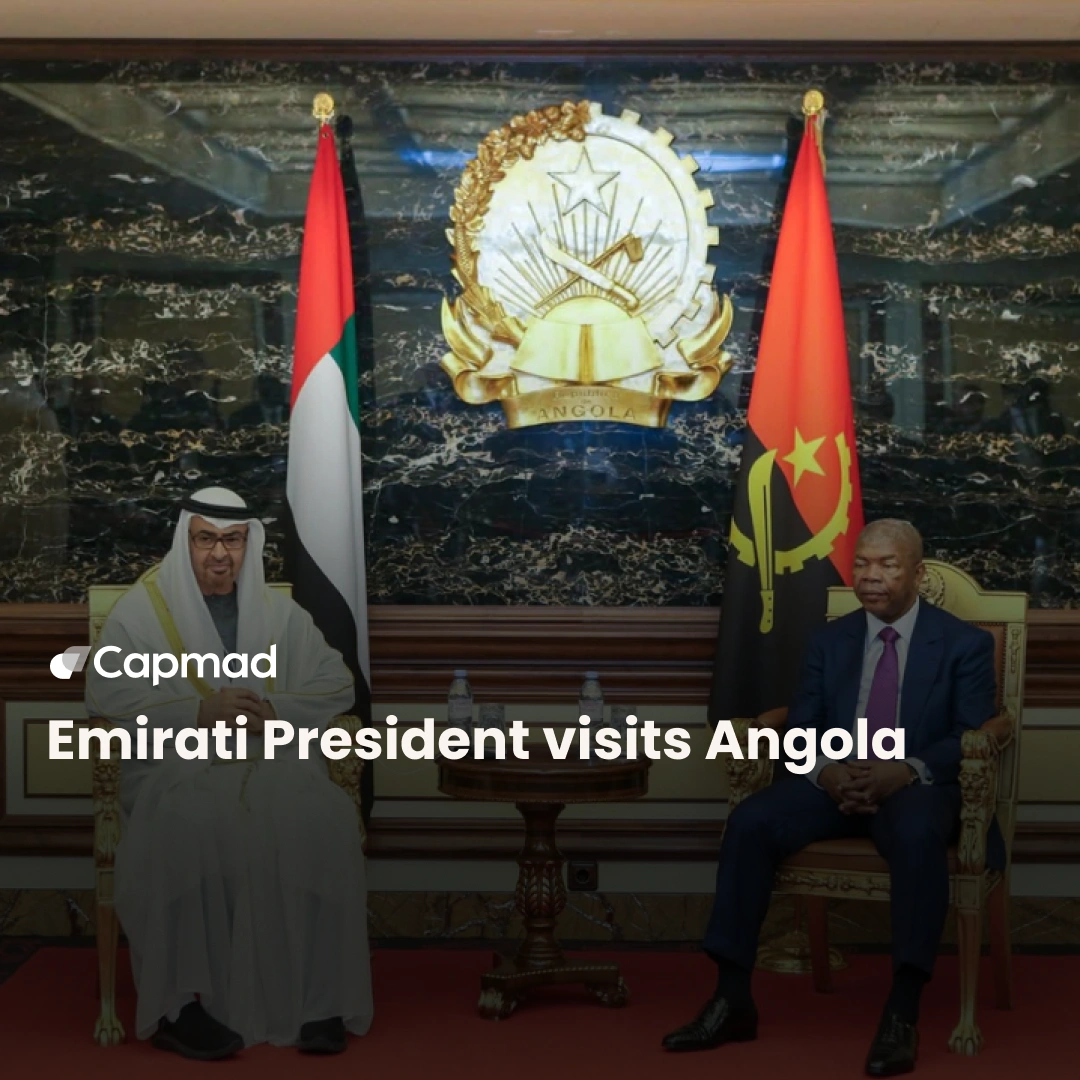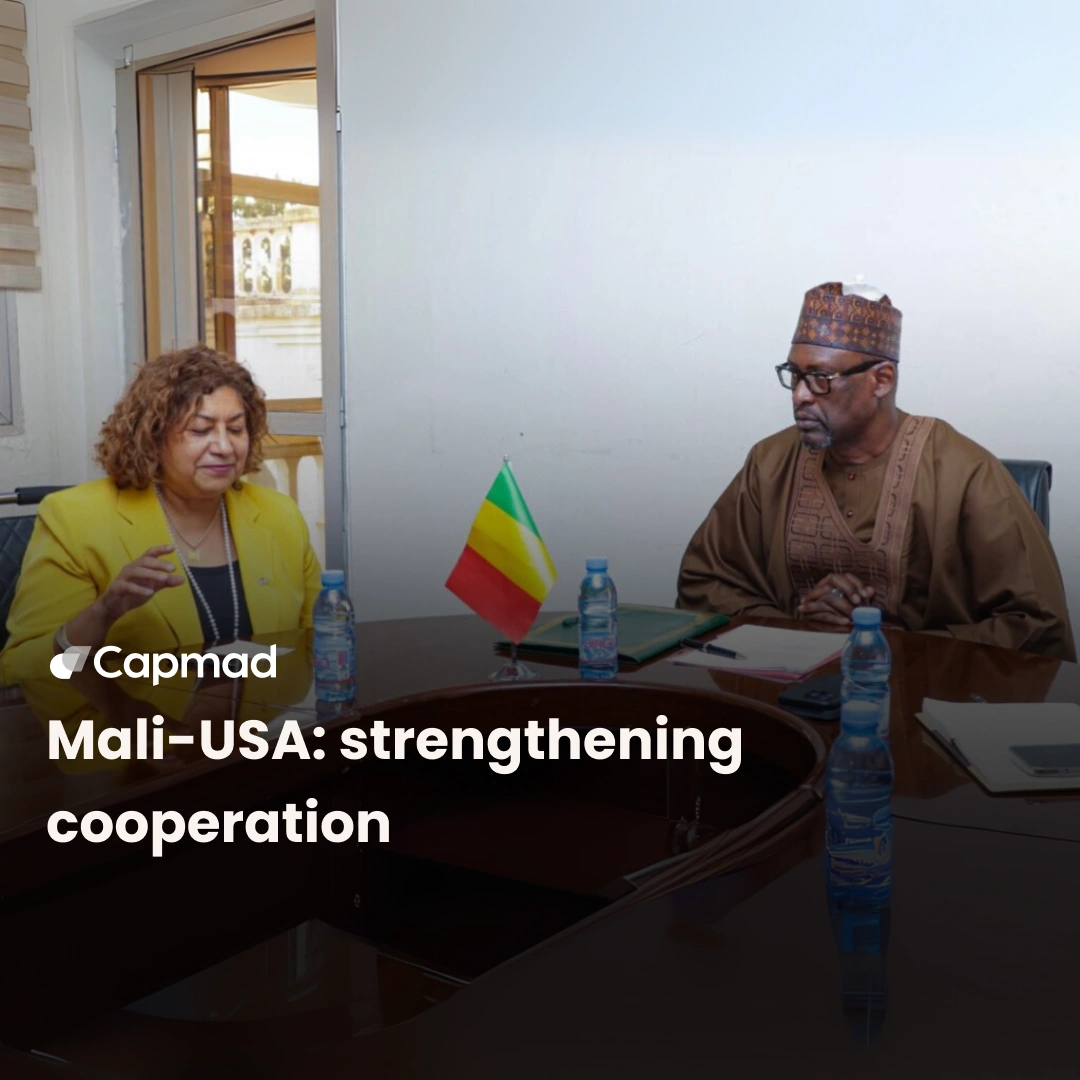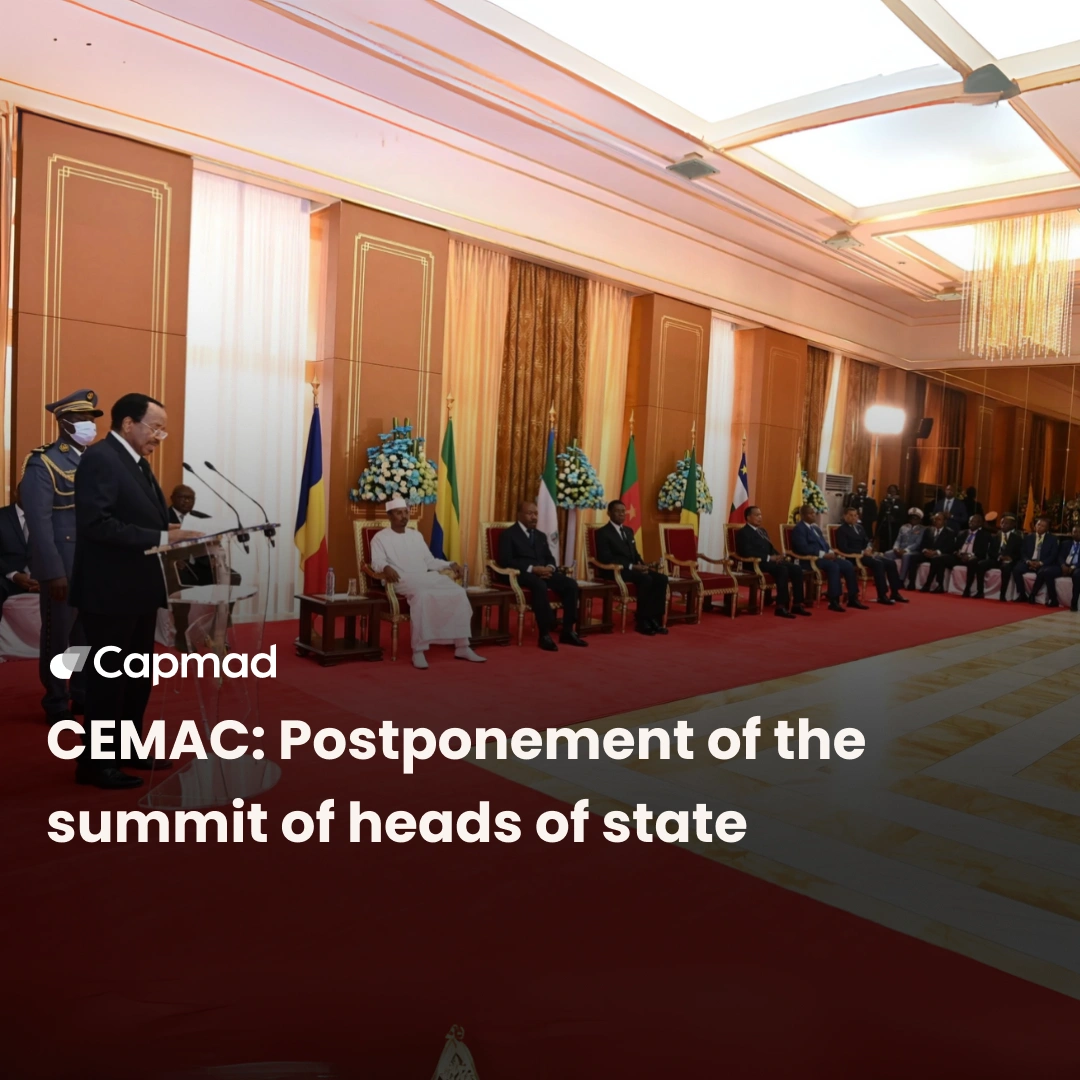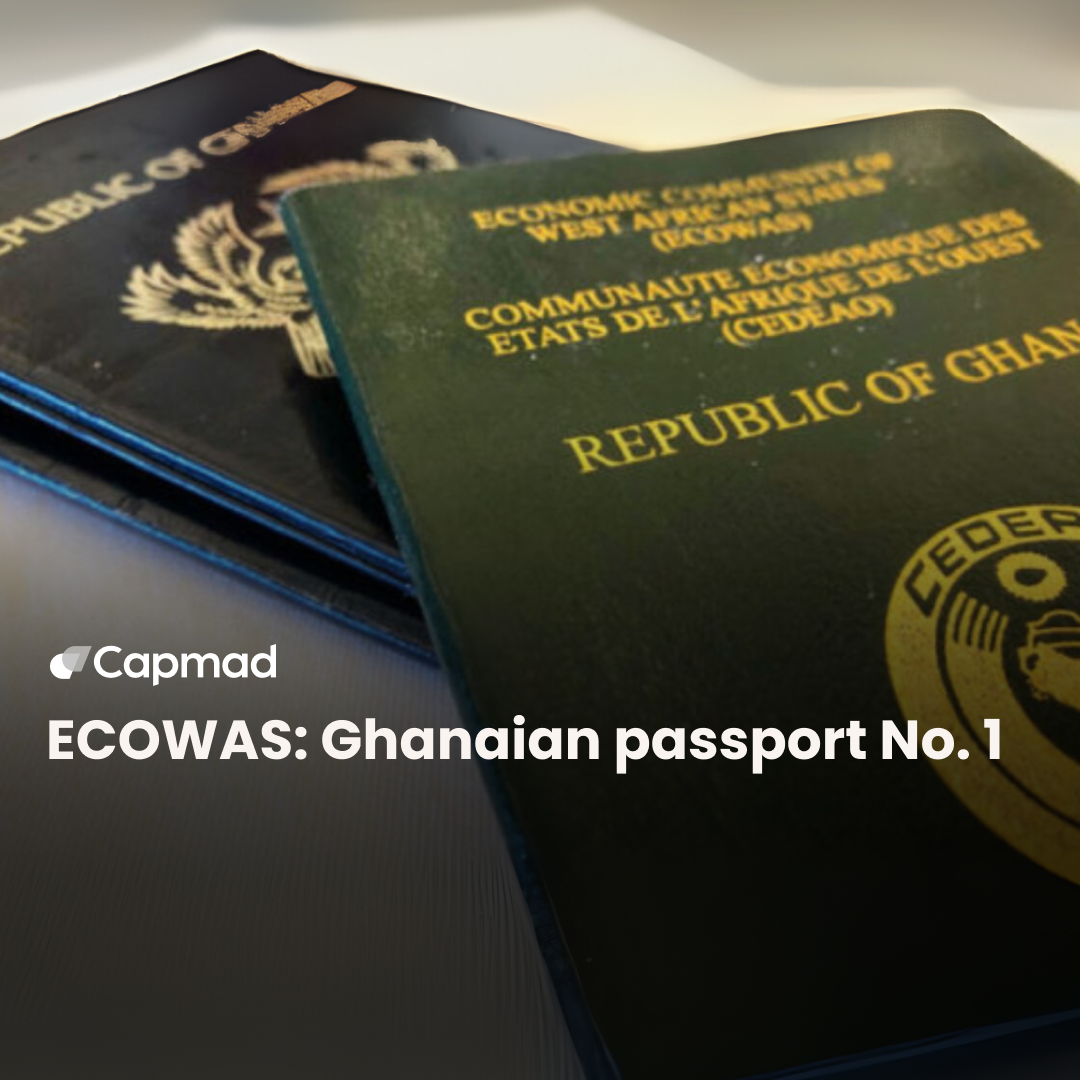At the occasion of the fifth EU-Southern Neighborhood Ministerial Meeting held in Brussels, the Moroccan Minister of Foreign Affairs, Nasser Bourita, called for a profound transformation of the Euro-Mediterranean partnership into a true strategic alliance. He emphasized the need to go beyond mere geographical proximity to build a strong cooperative space between the two shores of the Mediterranean.
A pact for the Mediterranean : A New Strategic Vision
Nasser Bourita welcomed the ongoing development of the “Pact for the Mediterranean,” an initiative aimed at revitalizing cooperation between the EU and Southern Mediterranean countries. According to him, this pact offers a “unique opportunity” to shift from a logic of proximity to one of alliance, capable of effectively addressing common challenges such as security, mobility, and crisis management. He also stressed the need for an innovative aggregation policy combining financial tools, structuring partnerships, and inclusive governance, where the South would play an active role in co-decision making.
Shared Leadership for a Geopolitical Euro-Mediterranean Region
The minister underlined that the Mediterranean is more than just a geographic space: it is a historic responsibility, a message supported by His Majesty King Mohammed VI. The Moroccan proposal aims to build a “geopolitical Euro-Mediterranean” area, able to provide adapted responses to the needs of both shores. To achieve this, shared leadership must be prioritized, avoiding blockages linked to the quest for unanimity, and institutionalizing governance based on more operational “majorities of engagement.”
Strengthening Bilateral Partnership and Multilateral Exchanges in Brussels
On the sidelines of the meeting, Nasser Bourita held a series of bilateral talks with key European figures, including EU Commissioner for the Mediterranean Dubravka Šuica, EU High Representative for Foreign Affairs Kaja Kallas, and the Spanish Minister of Foreign Affairs José Manuel Albares. These discussions mainly focused on Morocco’s central role in the future Pact for the Mediterranean, consolidating the strategic partnership between the Kingdom and the EU, and reinforcing bilateral ties, notably with Spain.
Morocco: A Key Actor for Euro-Mediterranean Stability
Morocco thus positions itself as a decisive player in bridging the North and South of the Mediterranean. Beyond economic exchanges, it pursues active diplomacy to build bridges for political, social, and security cooperation. The country also intends to organize a “High-level Retreat on the Future of the Partnership” to capitalize on the 30th anniversary of the Barcelona Agreements and fully leverage the momentum generated by this new Pact.
A challenge for Euro-Mediterranean Regional Integration
This Moroccan initiative comes amid a still fragile Euro-Mediterranean regional integration, notably due to asymmetrical bilateral relations between the EU and Maghreb countries. The current model is marked by regional atomization, with each Mediterranean country negotiating its relations with Europe separately. The Moroccan proposal calls for moving beyond this logic and building more integrated cooperation based on a shared vision, a guarantee of stability, prosperity, and regional cohesion.






